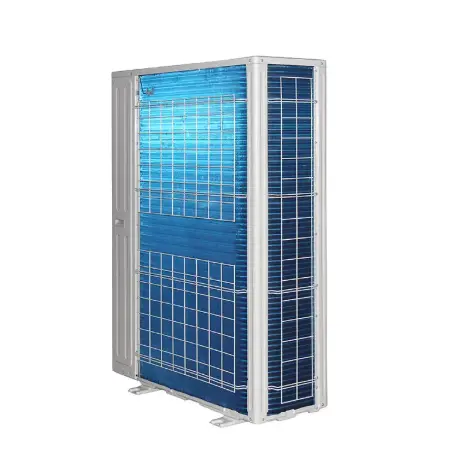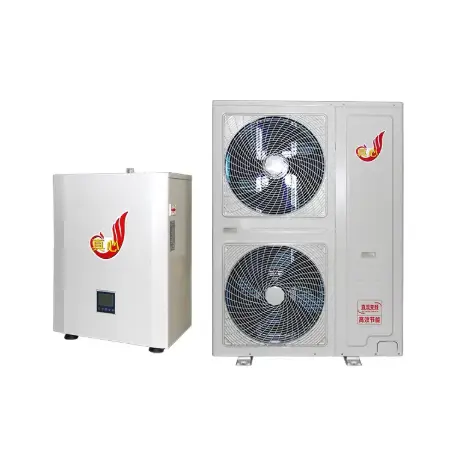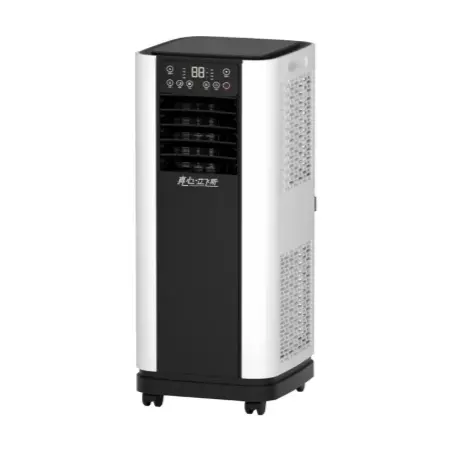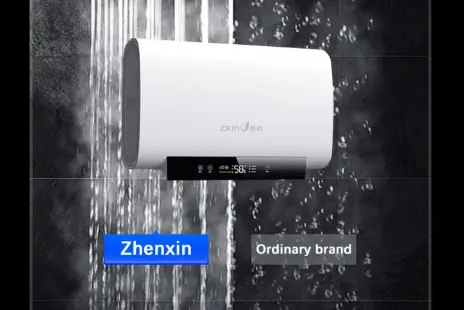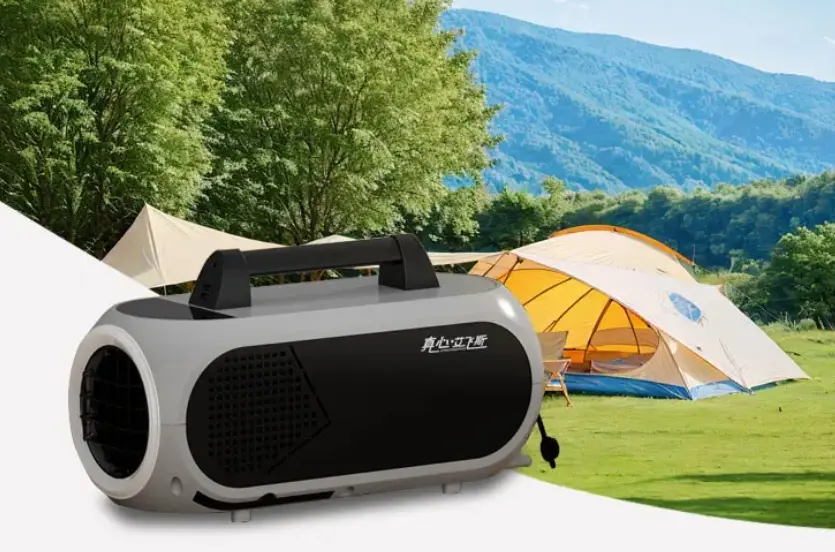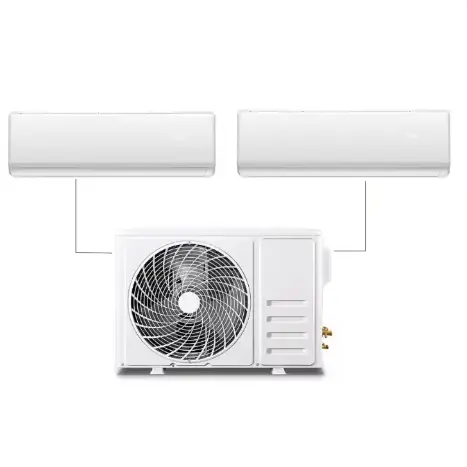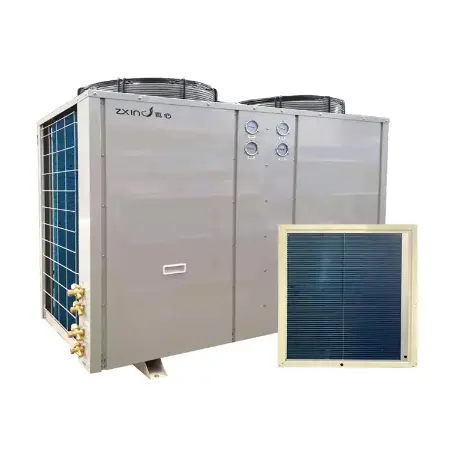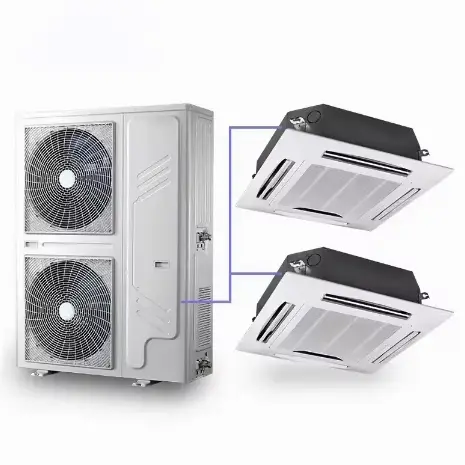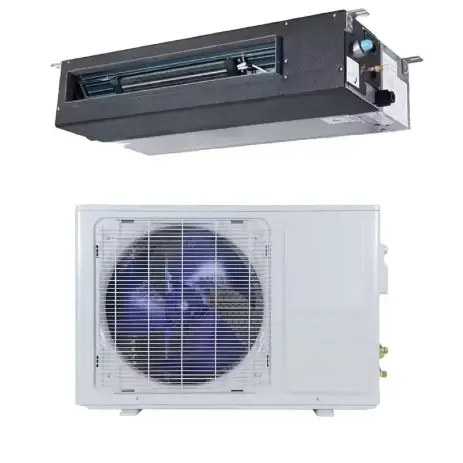The role of commercial air conditioning in indoor air quality
In today’s fast-paced world, maintaining a comfortable and healthy indoor environment is essential. One of the key factors in achieving this goal is commercial air conditioning. These systems are not only used for cooling or heating, but also play a vital role in improving indoor air quality (IAQ), which is crucial to the health and productivity of occupants in commercial buildings.
Commercial air conditioning systems are designed to regulate temperature, humidity and air circulation within large spaces such as offices, shopping malls, hospitals and schools. In this way, they help create an environment that is conducive to work and leisure. However, their role is much more than just temperature control. A well-functioning commercial air conditioning system can significantly improve indoor air quality, which is essential for the health of people who spend a lot of time indoors.
One of the main functions of commercial air conditioners is to filter and circulate air. These systems are equipped with advanced filtration technology that can capture dust, pollen, mold spores, and other airborne contaminants. By removing these pollutants from the air, commercial air conditioners help reduce the risk of respiratory illnesses and allergies for building occupants. This is especially important in environments where people gather, as the potential for airborne illnesses increases significantly.
Commercial air conditioning systems also help control humidity. High humidity levels can cause mold growth, which can negatively impact indoor air quality. By maintaining optimal humidity levels, commercial air conditioning not only improves comfort levels, but also prevents the growth of harmful microorganisms. This is especially important in places such as hospitals where a sterile environment must be maintained.
Another important aspect of commercial air conditioning is its ability to provide adequate ventilation. Proper ventilation is essential for diluting indoor air pollutants and ensuring a constant supply of fresh air. Many modern commercial air conditioning systems are designed to bring outdoor air into the indoor environment, which can help improve air quality. This is especially important in sealed buildings where natural ventilation may be limited.
Additionally, the integration of smart technology with commercial air conditioning systems has revolutionized the way we manage indoor air quality. With the advent of Internet of Things (IoT) devices, building managers can monitor air quality in real time and make necessary adjustments to the heating, ventilation and air conditioning (HVAC) system. This proactive approach ensures that air quality is maintained at optimal levels, thereby improving the health and comfort of occupants.
In addition to the health benefits, improved indoor air quality can also increase productivity. Studies have shown that employees working in environments with good air quality tend to be more focused and productive. This is especially important for businesses looking to maximize performance and reduce absenteeism.
All in all, commercial air conditioning systems play a vital role in maintaining indoor air quality. By filtering pollutants, controlling humidity, providing ventilation, and leveraging smart technology, these systems greatly improve the health and comfort of occupants within commercial spaces. As people become more aware of the importance of indoor air quality, investing in a high-quality commercial air conditioning system is essential for businesses committed to creating a safe and efficient environment.


